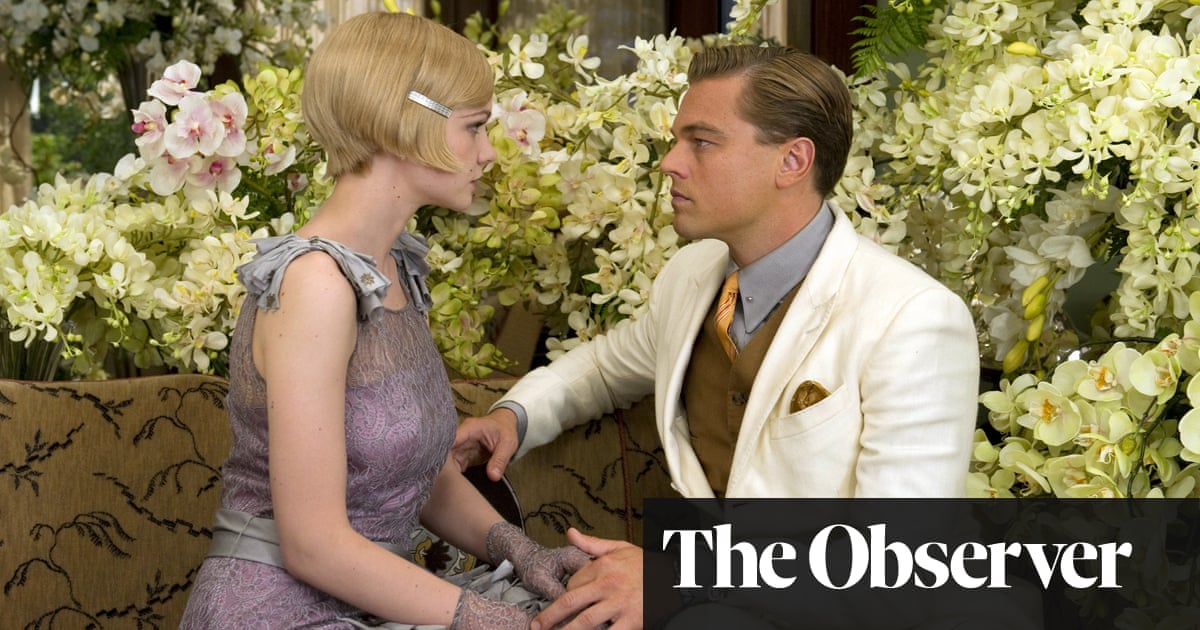
"F Scott Fitzgerald's third novel, The Great Gatsby, was a let-down upon release, but today it explores themes of delusion and social inequality."
"Initially, The Great Gatsby was seen as contrived and unrecognizable, yet now serves as a backdrop for modern interpretations and adaptations."
"Literature is filled with anomalies; Fitzgerald's perception of his own work's failure contrasted sharply with The Great Gatsby's future cultural success."
"New interpretations of The Great Gatsby, such as Jane Crowther's Gatsby, suggest both writers and readers draw inspiration from its intricate themes and plot."
F. Scott Fitzgerald's The Great Gatsby faced criticism upon its release a century ago, overshadowed by his more commercially successful works. Initially deemed overly contrived and uncomfortable, it explored themes of wealth, delusion, and social inequality. Fitzgerald, who considered it a failure during his lifetime, could not foresee its later cultural significance. Today, modern authors are inspired by Gatsby's themes, leading to fresh interpretations, such as Jane Crowther's The Gatsby Gambit, illustrating the ongoing relevance and adaptability of Fitzgerald's masterpiece in contemporary literature.
Read at www.theguardian.com
Unable to calculate read time
Collection
[
|
...
]